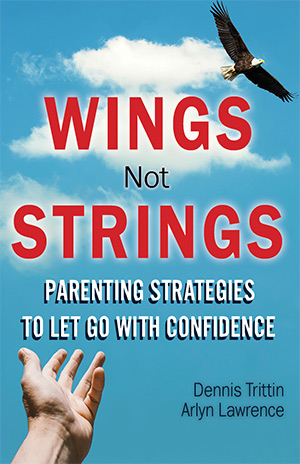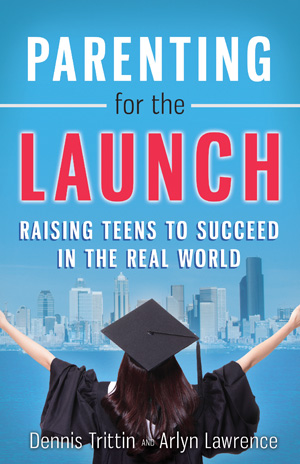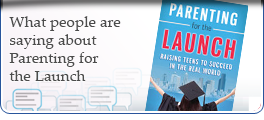Student Anxiety: An Ounce of Prevention (Part Three)
11/4/2018 9:57:14 PM
During the past two weeks, we’ve shared the various ways that parents can help reverse the worrisome trends in adolescent anxiety. If you didn’t catch them, you can find them here and here.
This week, we’d like to close our series by addressing the pivotal role our educators can play in reducing student anxiety. Of course, we know that schools and universities are, by definition, bastions of anxiety! After all, students are measured every which way from Sunday and are surrounded by a contagion of similarly anxious peers! That said, there are any number of strategies school leaders can employ that would return student anxiety to more normal, healthy levels. Here are our top five recommendations:
- Promote a positive and empowering school culture. The school environment plays a major role in the health and well being of students. How would you describe your school’s brand and core values? What three words best describe the character and learning environment for your students? If your school hasn’t adopted a set of values that administrators, teachers, and students abide by, consider this an urgent priority. Qualities like kindness, compassion, and integrity are foremost on our minds at LifeSmart, and we always encourage schools to take what we call, “the Integrity Challenge.” (This is where students are empowered to only say neutral to positive things about others who are not present.) Another suggestion is to have each class create a brand and core values statement and commit to holding each other accountable. Let’s do this! #positiveculture
- Expand leadership/life skills offerings. Evidence is pervasive that high school graduates are not adequately prepared for their next steps. Arguably, one reason is that schools are so focused on their immediate step that insufficient time is devoted to the transition to the next (e.g., high school to college/workforce). We urge administrators to expand leadership and life skills-oriented courses that holistically prepare students for independent living and their next stage. These would include leadership, soft skills, college/career readiness, personal finance, and home management. Such courses build essential skills, instill self-confidence, and help students cope with the pressures of their present and future situations. The better prepared they are, the less anxious they will be. #lifesmart
- End the “college for all” messaging. Based on deteriorating college graduation trends and high student demand for mental health services in college, it is clear that many are not college ready and would be better off pursuing other paths. Whether overt or subliminal, messages promoting the college path are commonplace. How does this affect anxiety? Droves of unprepared and dispirited students drop out of college and into uncertainty. Others struggle mightily in college when another path (e.g., trade school, workforce) was a more compatible choice. Still other high schoolers feel inadequate if they don’t pursue the broadly recommended college path. How is your messaging? #whateverisbest
- Review homework levels. Given how early students rise before school and require above-average levels of sleep, homework should be reasonable. Yet, we’ve often heard of schools assigning up to four hours of homework on weeknights, creating a workday that is more demanding than their parents! This, together with a lack of coordination among teachers in terms of exams and major projects, is an obvious source of student anxiety. How reasonable is their workload? #theyneedalife
- Career selection pressure. Many high schools are ramping up their career readiness programs, and we applaud that. However, some are taking this to a degree that students are feeling pressure to know what career (and potentially, college major) they should be pursuing. We think that’s taking things too far. In the high school years, students are still discovering themselves and aren’t in a position to weigh all the career alternatives, fully assess their skills and interests, possess all the necessary knowledge to make an informed judgment, and speak with/job shadow practitioners in those fields. We strongly support efforts to build career awareness, but when students feel pressure (as many do!) to know exactly which field they should enter, that’s an overreach. And, remember, many college students change their majors multiple times, and a large measure of college graduates regret the major they chose! Focus on the process, but not the selection in the high school years. Finally, let’s not push STEM as their only ticket to success. It’s not.
Tagged as: teens, anxiety, mental health, educators, mentors, teachers, professors, college, reducing anxiety, handling adversity, stress, pressure



















